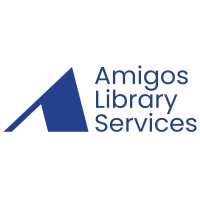Carnegie Mellon University Libraries
4909 Frew St, None, Pittsburgh, Pennsylvania, US, 15213
Last Update: 2025-11-27
Hunt Library is the largest library, housing four floors of volumes comprising the university's collections in the arts, humanities, and social science. Special Collections, University Archives, and the video collection are located in Hunt Library. The university's IDeATe program, which offers nine undergraduate minors in domains that merge technology and arts expertise, is housed in the basement. The building opened in 1961, thanks to the generosity of Mr. and Mrs. Roy Hunt. The Roger Sorrells Engineering and Science Library, located on the fourth floor of Wean Hall, focuses on research support for the fields of computer science, engineering, mathematical sciences, physics and robotics. The 2016 renovation of Sorrells Library resulted in a 25% increase in individual study spaces as well as new technology-equipped group study and project rooms for collaborative work. The library is named in honor of the late Roger Sorrells, thanks to a generous gift from his longtime partner, Dean emeritus of University Libraries Gloriana St. Clair. Read more about Roger Sorrells. The Mellon Institute Library was established in 1913 when the Mellon Institute of Industrial Research was located in a wooden frame house and moved into its current space in 1937. As the Mellon Institute expanded in size and importance, the library rapidly evolved as well. By the 1950s, it was generally regarded as one of the best libraries in the nation for chemistry literature, and had expanded its collection to include materials related to physics and biology. The Qatar campus Library is a physical and virtual space to help you learn, research, study, collaborate, innovate, and succeed. The Library is located on the ground floor of the CMU-Q building in Education City. The Library houses a physical collection of more than 15,000 print volumes on topics related to the major programs.
NAICS: 51912
NAICS Definition: Libraries and Archives
Employees: 12
Subsidiaries: 0







